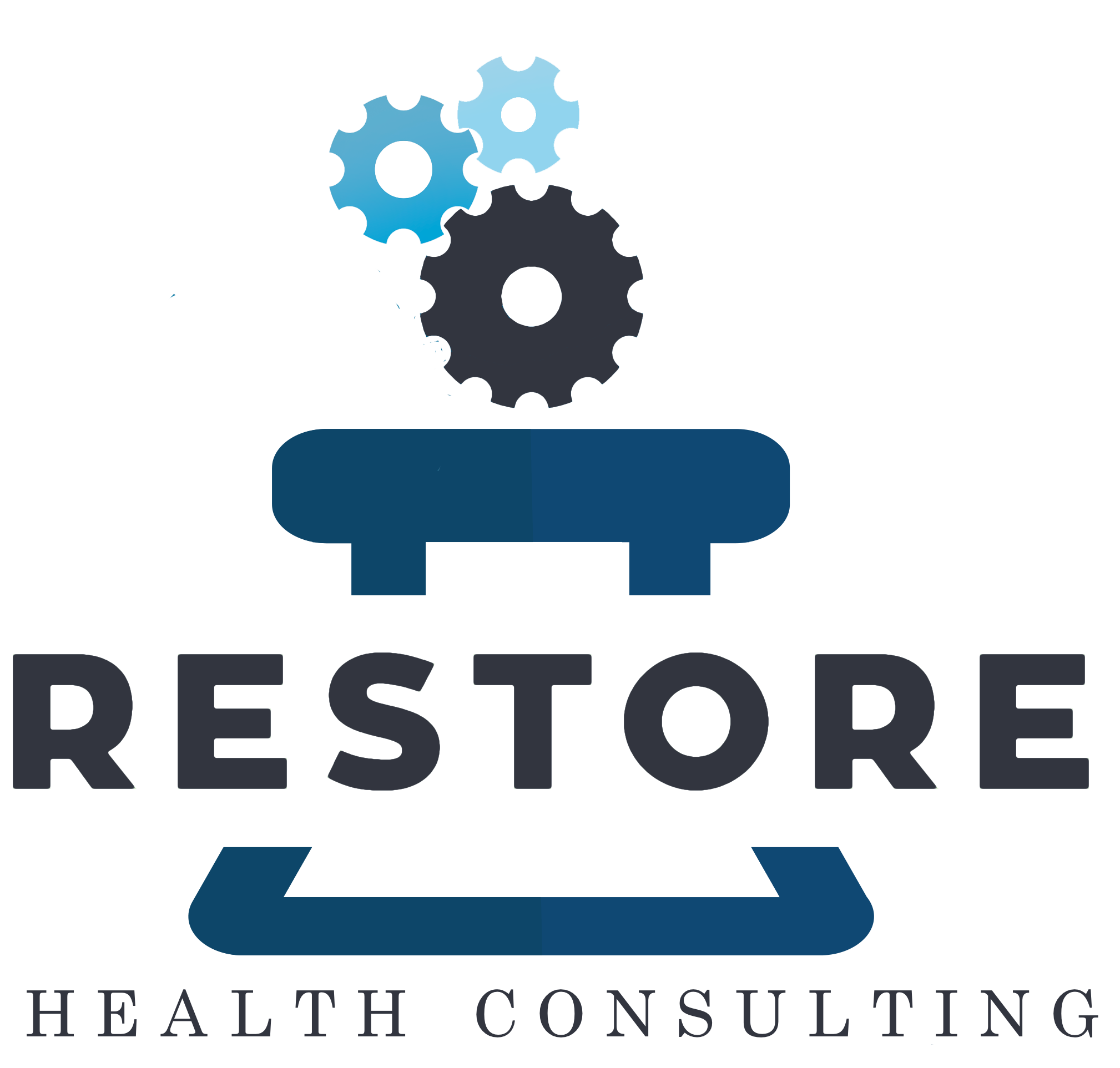Most Common FDA Observations Received by Compounding Pharmacies
The FDA cites 503A pharmacies for insanitary conditions. They’ll also cite entities behaving as a 503B outsourcing facility that do not comply with CGMP. So what are the most prevalent FDA observations facing 503A pharmacy compounders today? How can you prevent your firm from suffering the same fate?
The FDA keeps a running list of compounding inspections, recalls and other actions. In 2018, Option Care analyzed the FDA observations that 503A compounding pharmacies received between 2016 and 2017. The review confirmed most of the 483s were related to contamination control issues. Improper garbing, the use of non-sterile garbing, inadequate aseptic technique, visible contamination in the cleanroom, and a lack of environmental monitoring (EM) to ensure control over contamination were highlighted in the report.
USP <797> is the minimum enforceable standard sterile compounding pharmacies must comply with. But consider for example that if routine EM results reveal trends of S. epidermidis contamination in the filling suite or direct compounding area, improper garbing or aseptic technique may be the culprit. Even if EM hits are below the action level but are routinely observed in critical areas, what does that say about your garbing practice or cleanroom behavior? How are you going to justify these practices to a regulator if they haven’t been fully investigated? Be ready to receive an observation in a case like this even if you meet USP requirements.
It is no longer acceptable to meet the minimum requirements; your team must be able to explain why you do what you do and it must be backed up with science.
To prevent adverse drug events, minimize costs associated with recalls and defamation of reputation with insanitary condition observations, be sure you have a department dedicated to developing, enhancing, and monitoring your firm’s quality management systems. In difficult cases requiring expertise in root cause analyses and remediation plans, seek a qualified compounding or GMP consultant to quickly resolve the issue.
